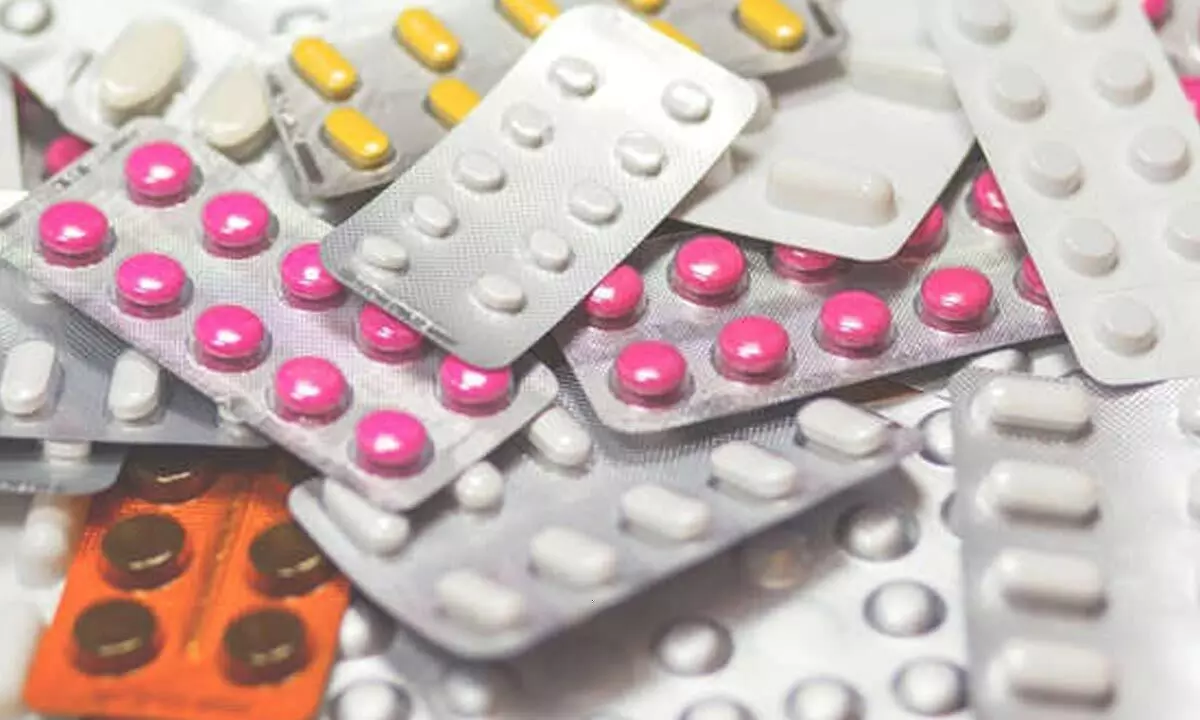A good initiative that others can emulate
Viatris, a global healthcare company, MedAccess, and TB Alliance have recently announced a new agreement to reduce price of pretomanid, a drug used to treat MDR-TB, by as much as 34%
image for illustrative purpose

In an action that will pave the way for expanded access to highly effective multidrug-resistant tuberculosis (MDR-TB) treatment in the country, Viatris, a global healthcare company, MedAccess, and TB Alliance have recently announced a new agreement to reduce the price of pretomanid, a drug used to treat MDR-TB, by as much as 34 per cent. Pretomanid is part of two new treatment regimens with high efficacy and shorter treatment durations recently recommended by the World Health Organization (WHO) as the preferred regimens for most drug-resistant tuberculosis patients. Pretomanid (Pa) is used in combination with bedaquiline (B), linezolid (L), and sometimes moxifloxacin (M) to form BPaL and BPaLM – six-month, all-oral treatment regimens, found to be effective at curing 89-91 per cent of MDR-TB patients treated.
Early this year, WHO had released its Rapid Communication norms regarding new guidelines for treating drug-resistant tuberculosis (DR-TB). For the first time, almost all patients with DR-TB can be treated in six months with an all-oral regimen. Based on new clinical evidence presented and published over the past year, the new guidelines allow for the programmatic implementation of treating almost all forms of DR-TB with either BPaLM or BPaL. Globally, less than two-thirds of drug-resistant TB patients are successfully treated. Previously recommended treatment options have been limited, expensive, toxic, and lengthy – requiring patients to take more than 20 pills per day for 9-20 months. With the new WHO guidance on TB treatment, almost all drug-resistant TB patients will now be eligible for the shorter BPaL/BPaLM regimens.
Earlier in July 2020, the Drug Controller General of India (DCGI) had approved the TB drug pretomanid (developed specifically for certain drug-resistant forms of the disease) for conditional access under the National Tuberculosis Elimination Program (NTEP), making India the second country in the world to provide regulatory approval for this product. Pretomanid, used within the BPaL and BPaLM regimens, is already being piloted and implemented in operational research programs run by government agencies and civil society organisations, and supported by USAID, KOICA and the STOP TB Partnership. The lessons and foundations built by these programs are facilitating increased access and accelerating introduction of these important new regimens. To date, more than 40 countries have procured over 5,000 treatment courses of pretomanid since it was first approved.
So, it is surely a good news for India to reduce the price of pretomanid as the country is leaving no stones unturned to eradicate this deadly disease from the country. In September this year, Indian President Droupadi Murmu had launched the Pradhan Mantri TB Mukt Bharat Abhiyaan to reinvigorate the mission of TB elimination from the country by the year 2025. Earlier, at the Delhi End TB Summit in March 2018, Prime Minister Narendra Modi had given a clarion call to the health authorities to end TB in the country five years ahead of global target of 2030. The Pradhan Mantri TB Mukt Bharat Abhiyaan has been envisioned to bring together all community stakeholders to support those on TB treatment and accelerate the country's progress towards TB elimination. India has the world's highest TB burden, with 2.6 million cases and around 450,000 fatalities annually which is more than 1 quarter of the global disease burden. India accounts for a quarter of the world's DR-TB and fewer than 50 per cent of patients put on treatment are having successful treatment outcomes. Pretomanid is a 'Made in India' product used as part of a six-month treatment regimen with reported efficacy of 90 per cent and has the potential to contribute to India's 'TB Elimination program by 2025.
TB is still one of the deadliest diseases in the world. In 2021, an estimated 1.6 million people lost their lives to TB, including 187,000 people living with HIV. The WHO estimates that 10.6 million people fell ill with TB in 2021, an increase of 4.5 per cent from 2020. Of the new cases, an estimated 450,000 were drug resistant. The Covid-19 pandemic also hampered access to MDR-TB treatment. In 2021, 162,000 MDR-TB patients were on treatment, compared to 182,000 in 2019. Bold investments are required to reverse recent increases and get on track to meet global goals to end TB. Better treatments, vaccines and diagnostics are required alongside more trained healthcare workers and stronger health systems. Civil society organisations working in the health sector have long been calling for greater access to short-course treatment regimens like BPaL and BPaLM. So, the latest announcement to reduce the price of pretomanid will help to expand access to a critical new treatment in more than 140 countries, including those with the highest TB burden like India. The new initiative will definitely go a long way in contributing in the elimination of this deadly disease by 2030 in the world.
(The author is a freelance journalist with varied experience in different fields)

